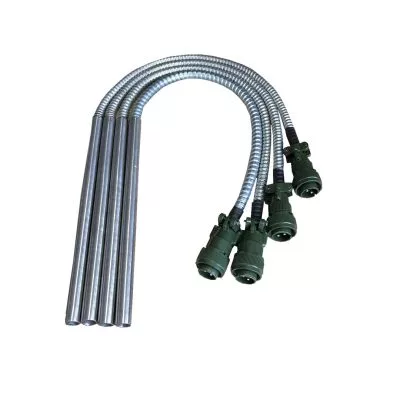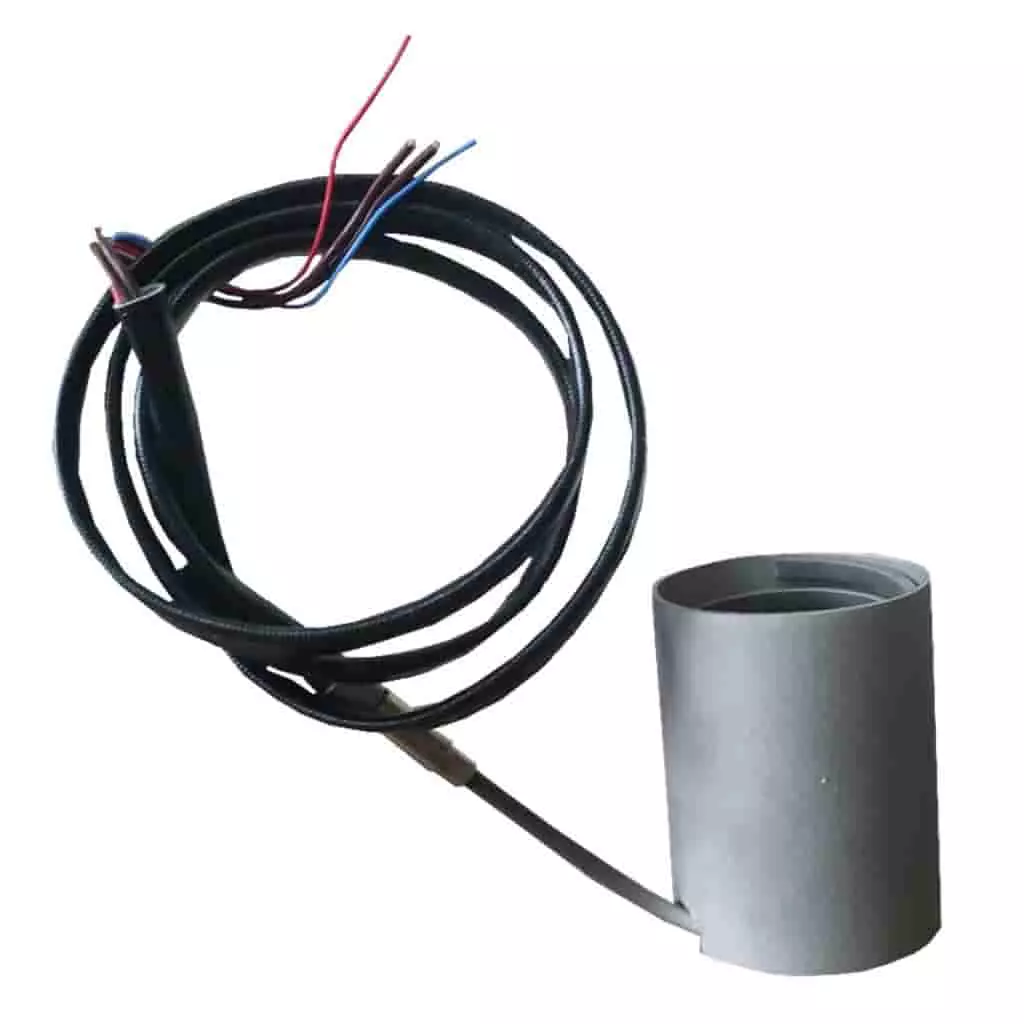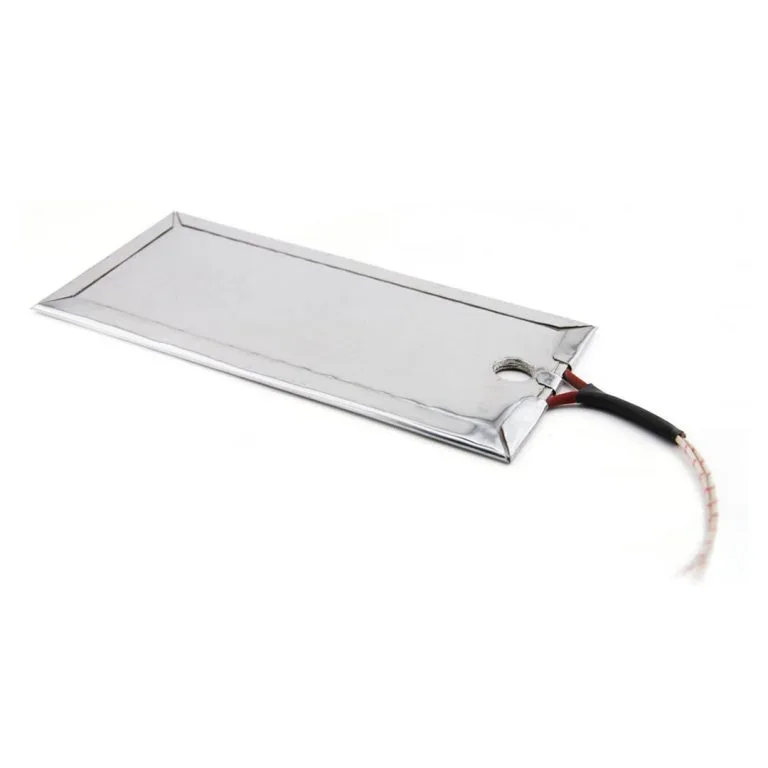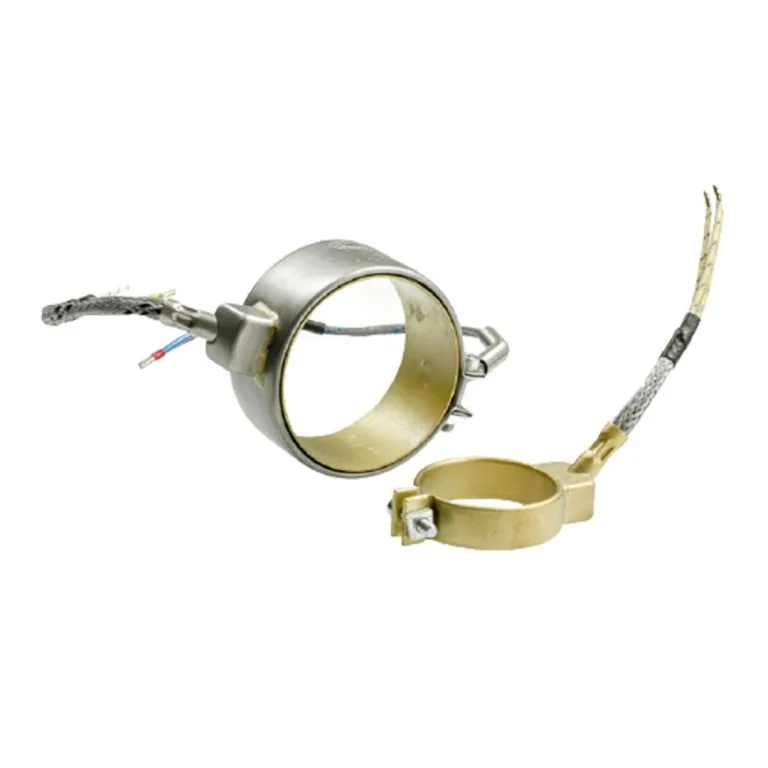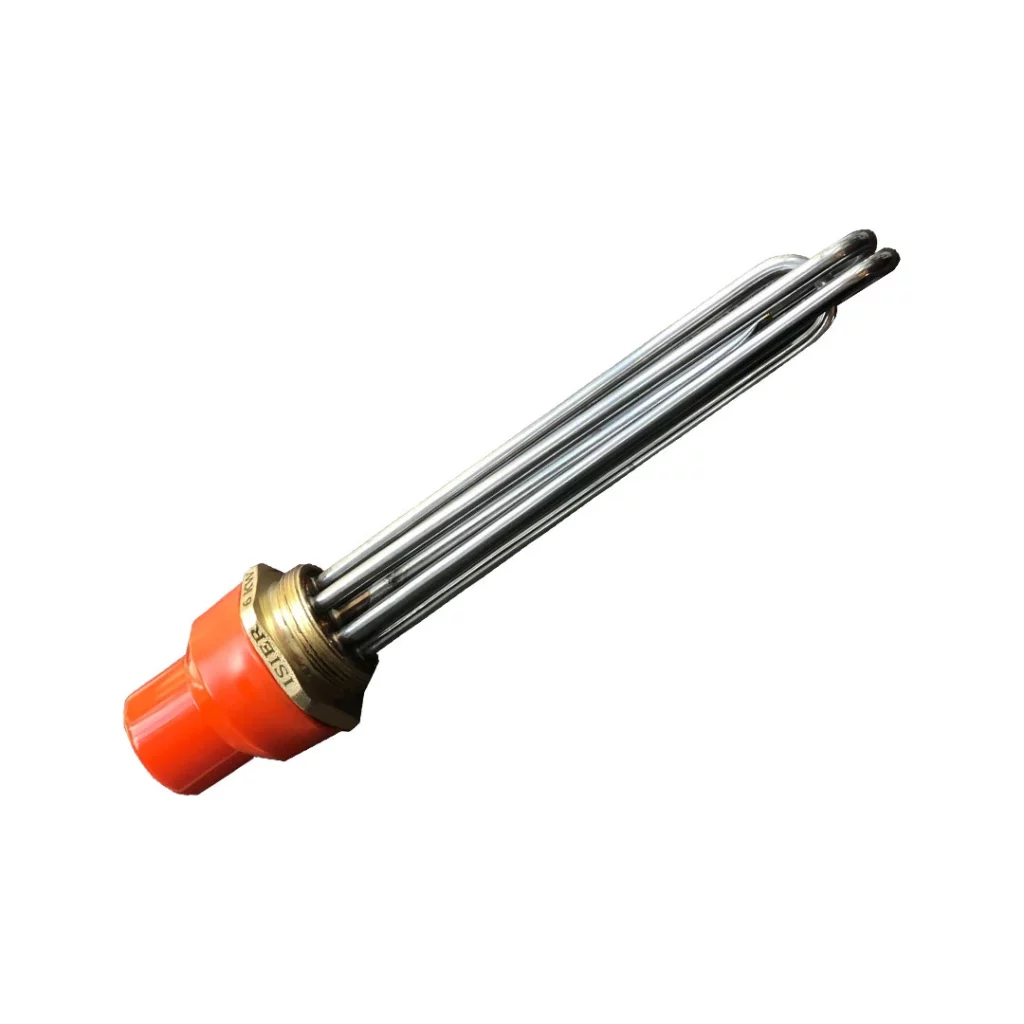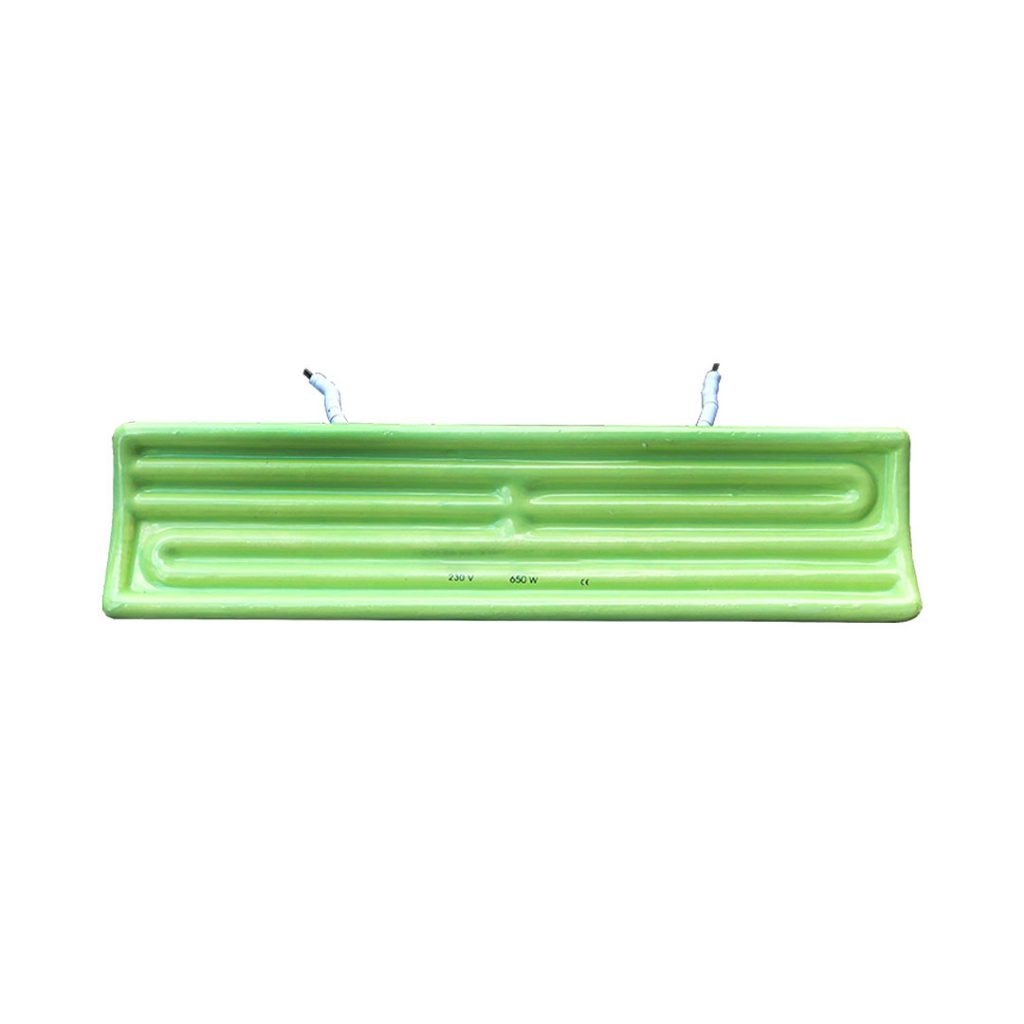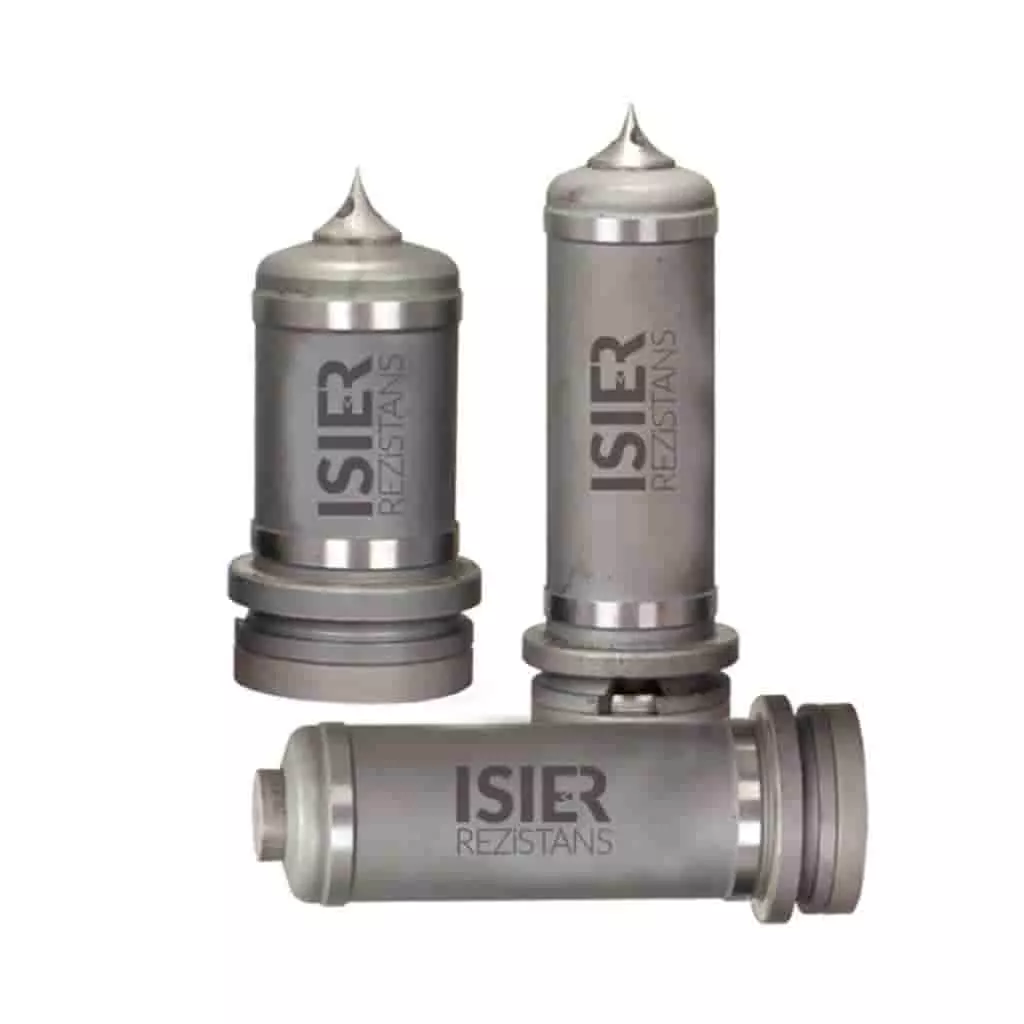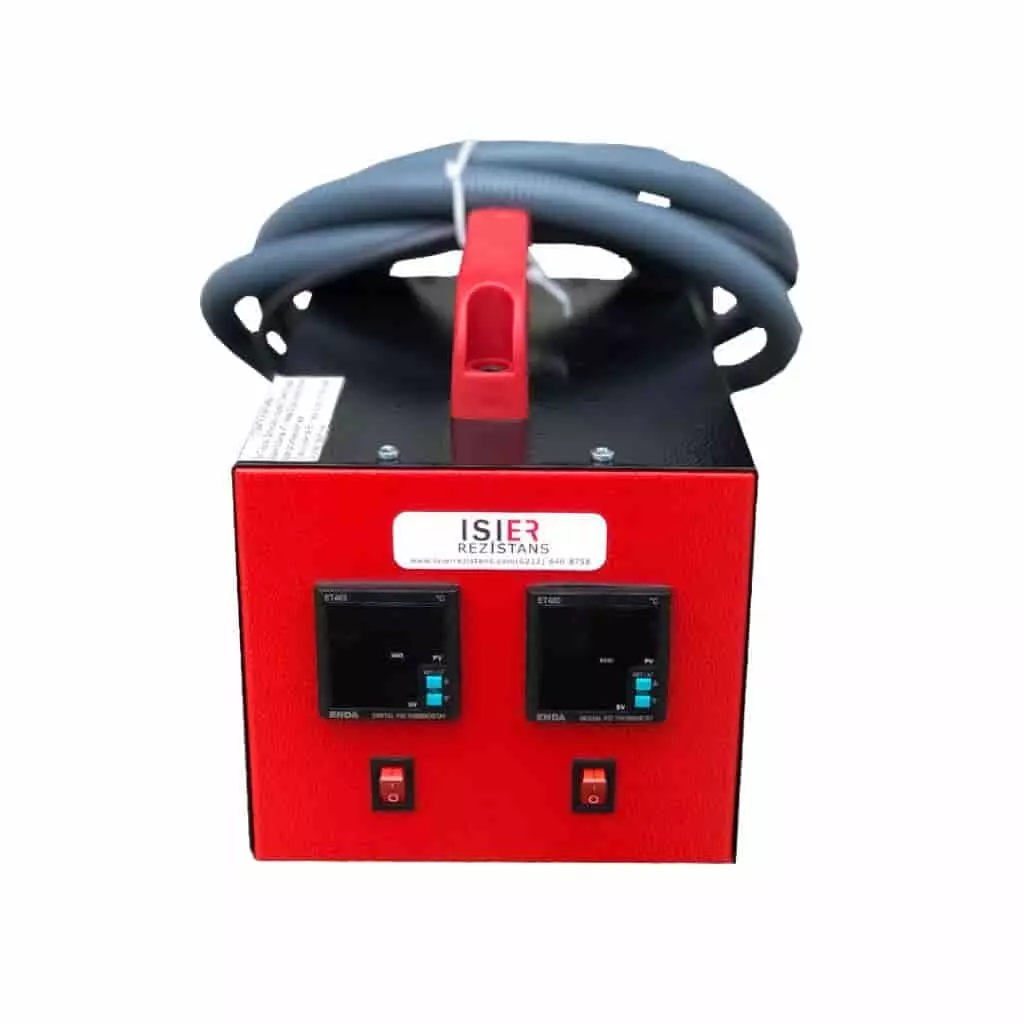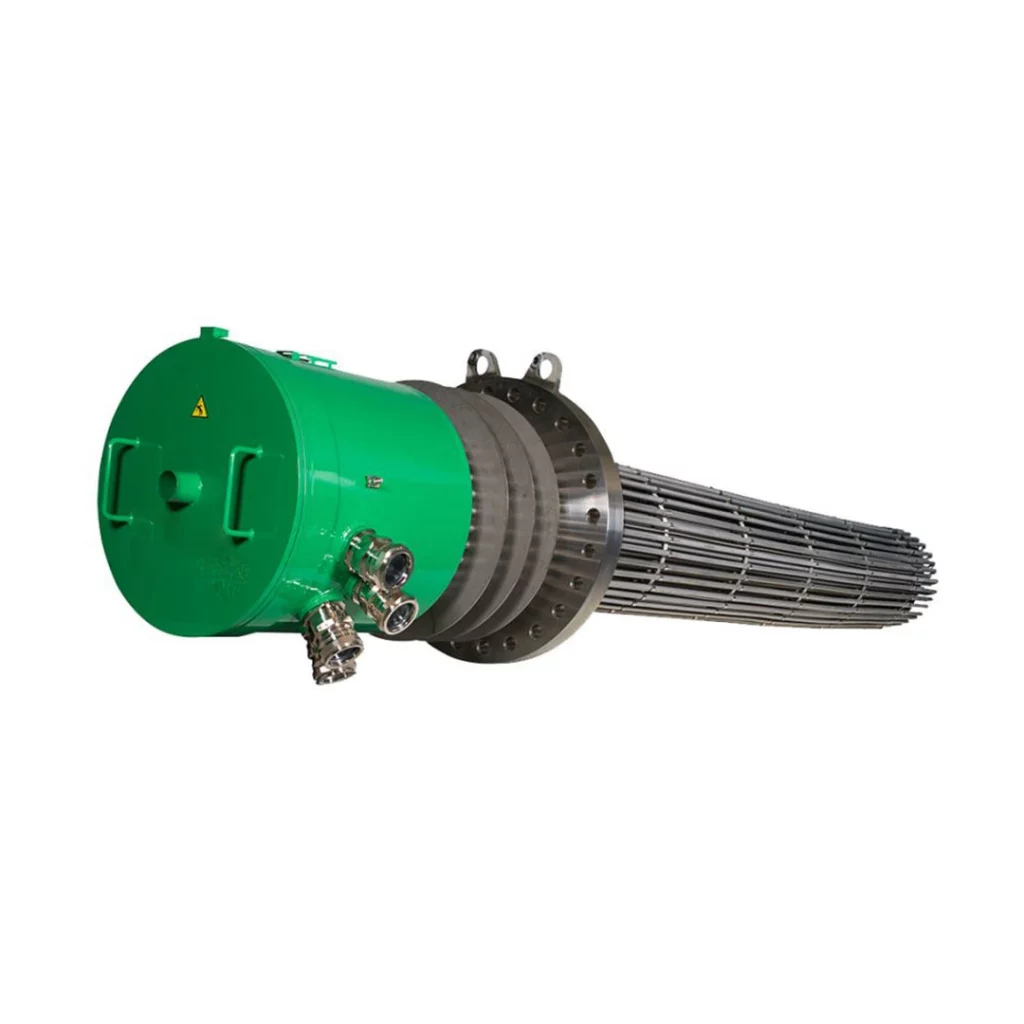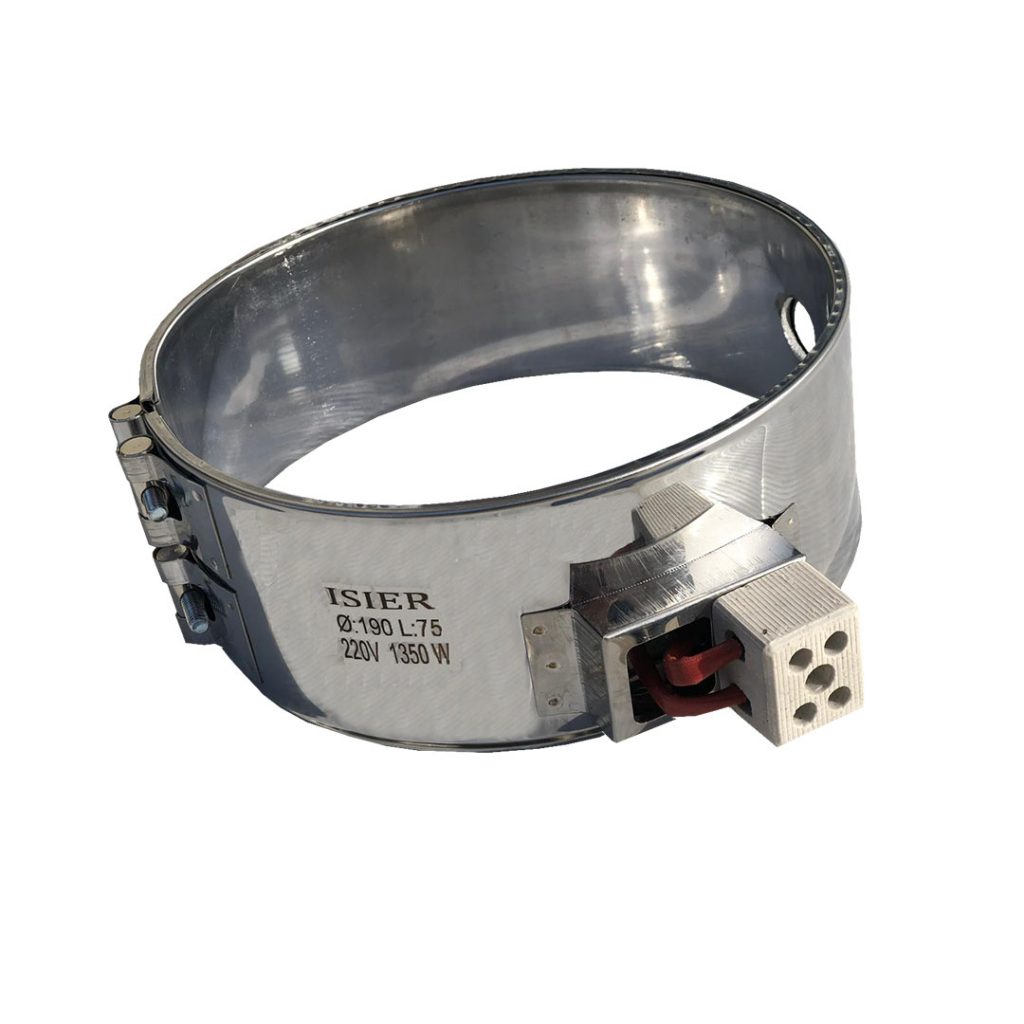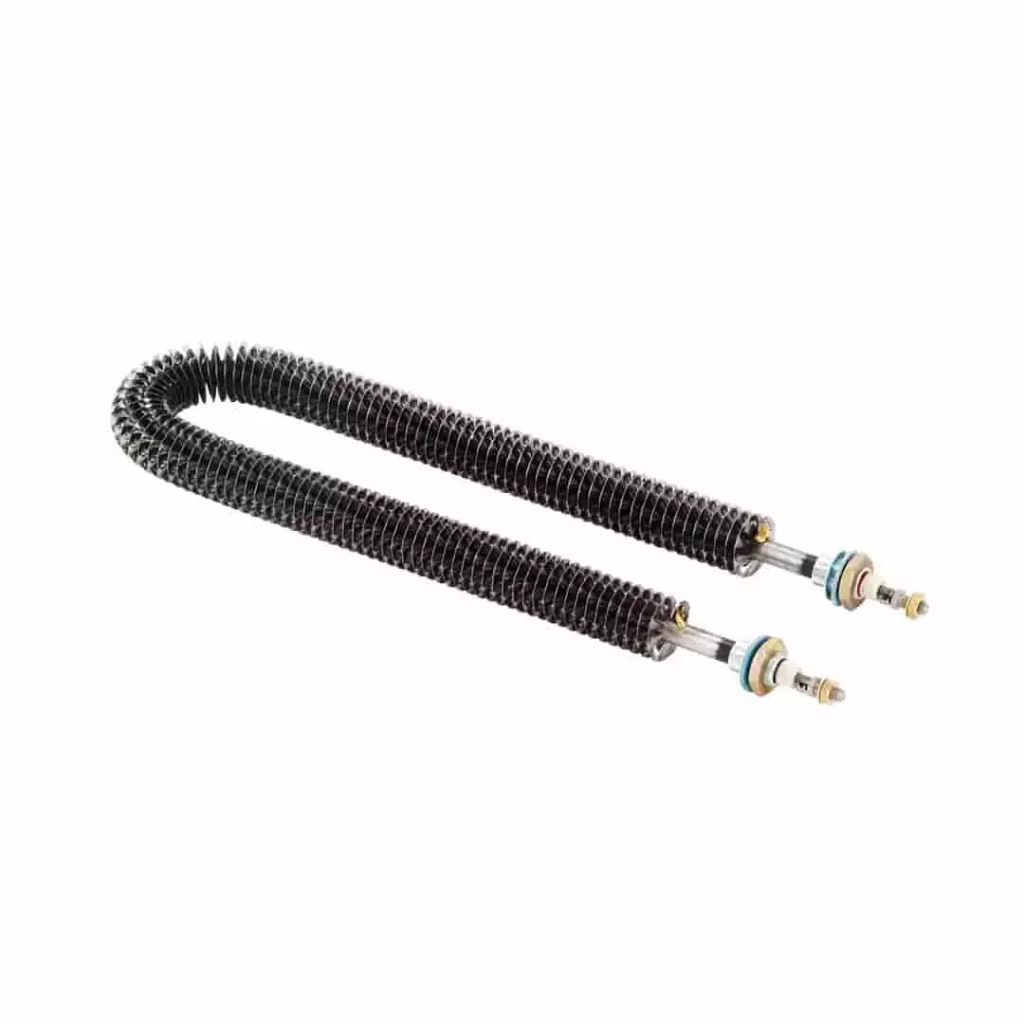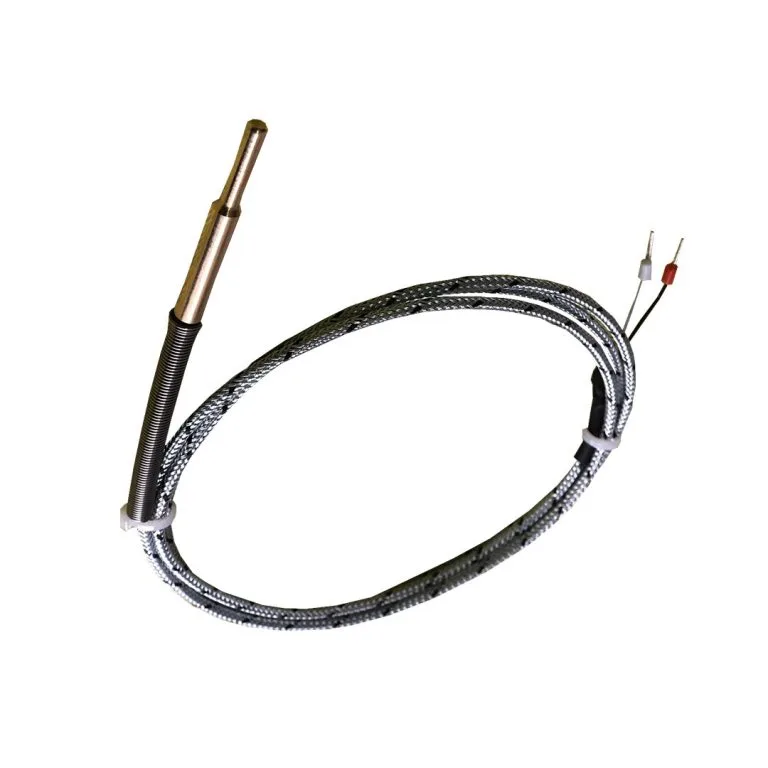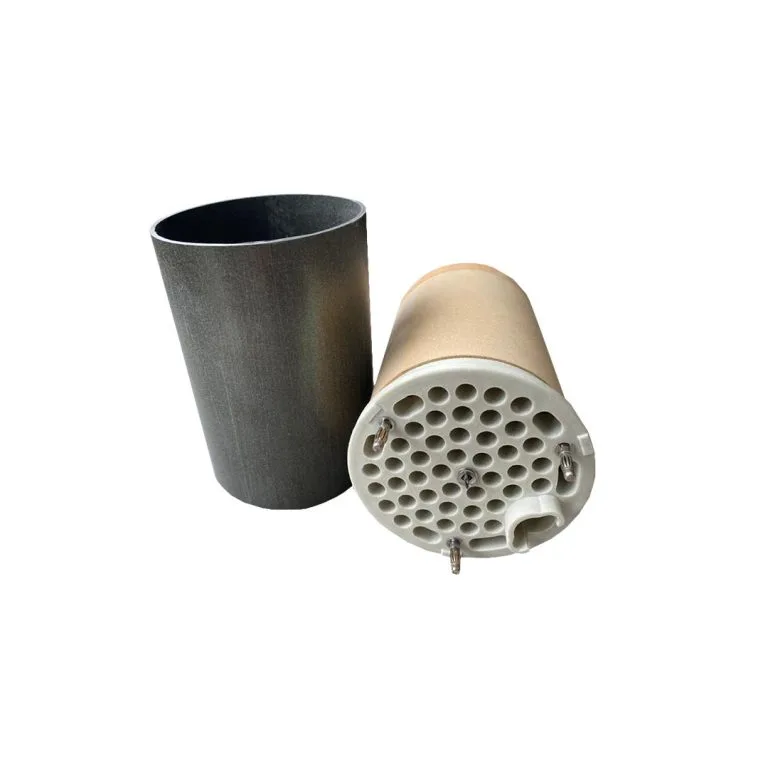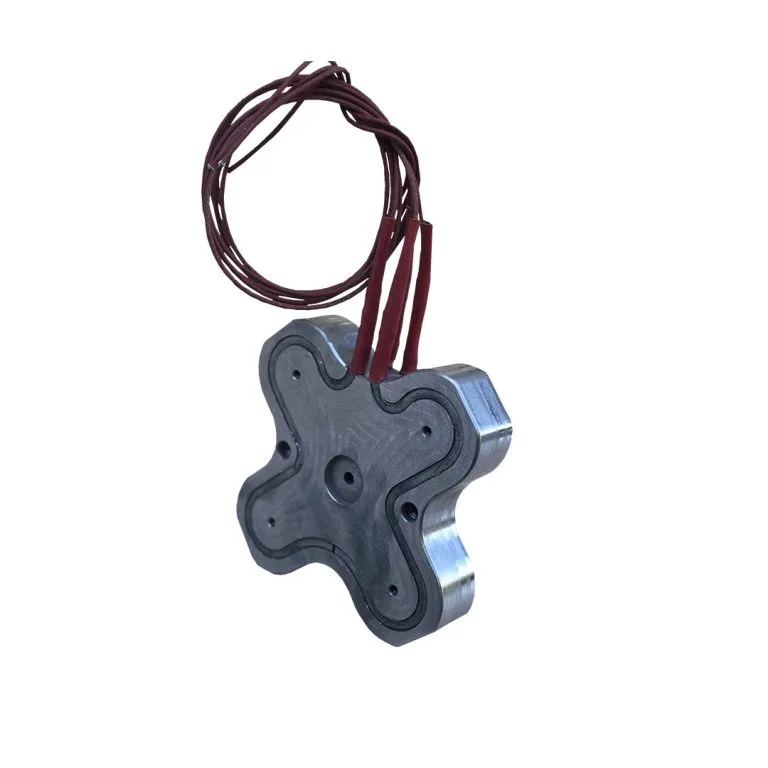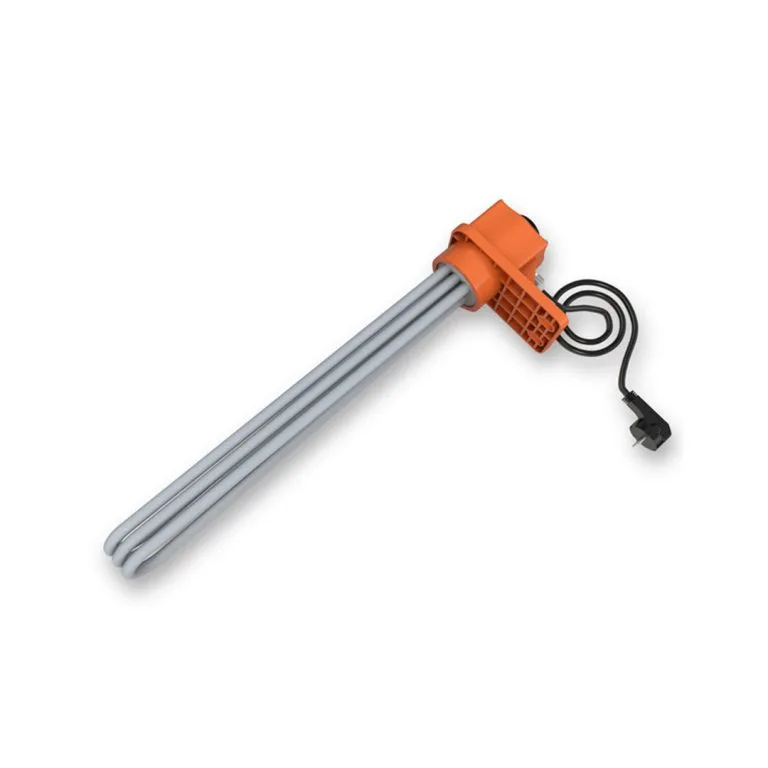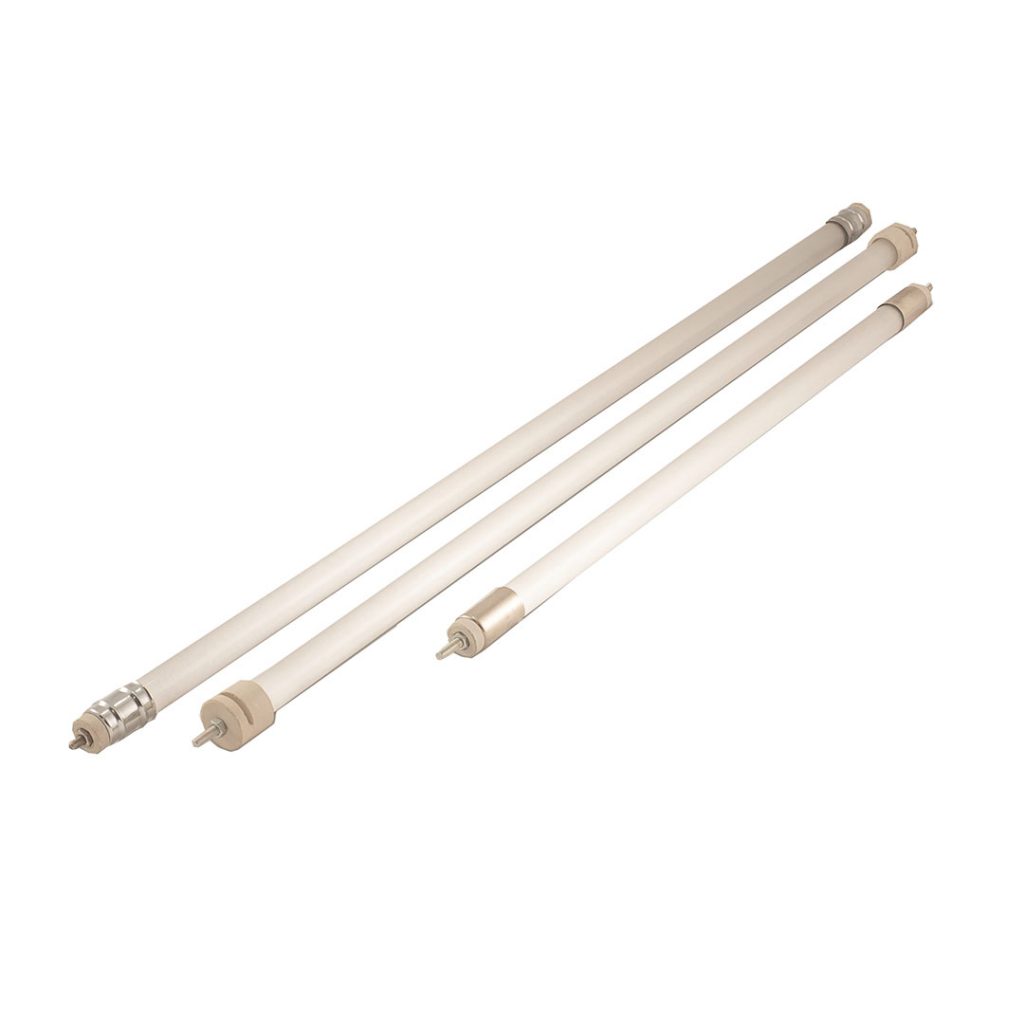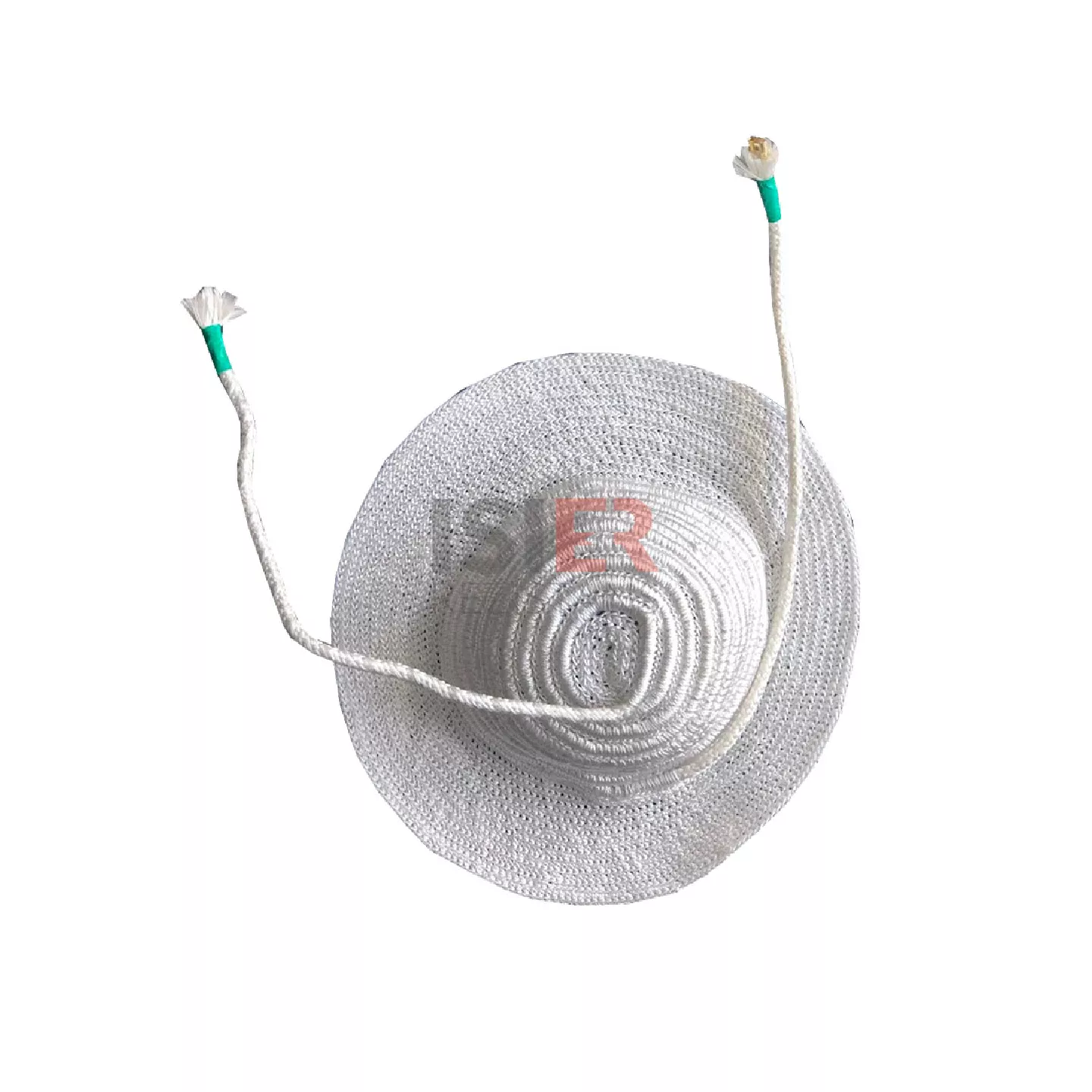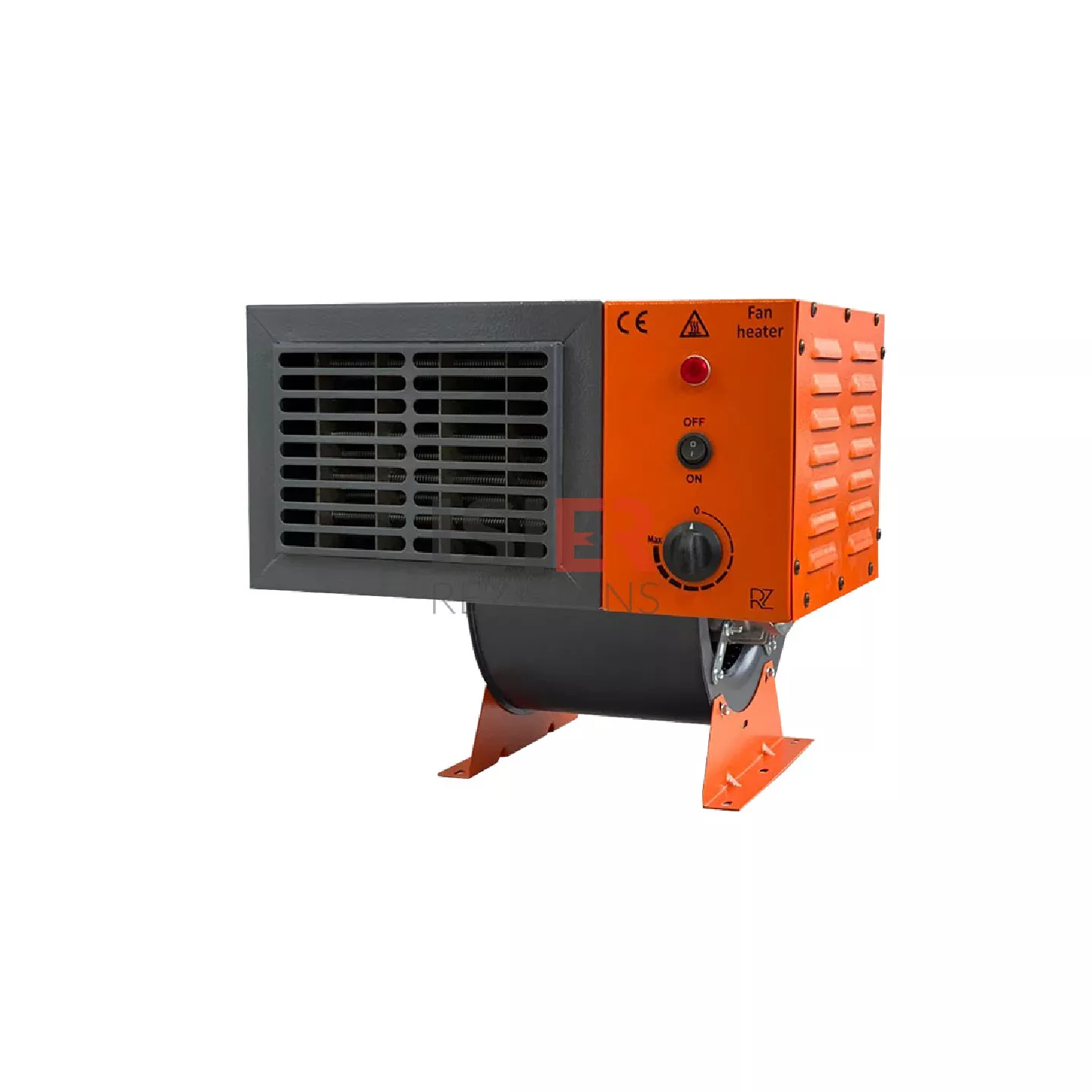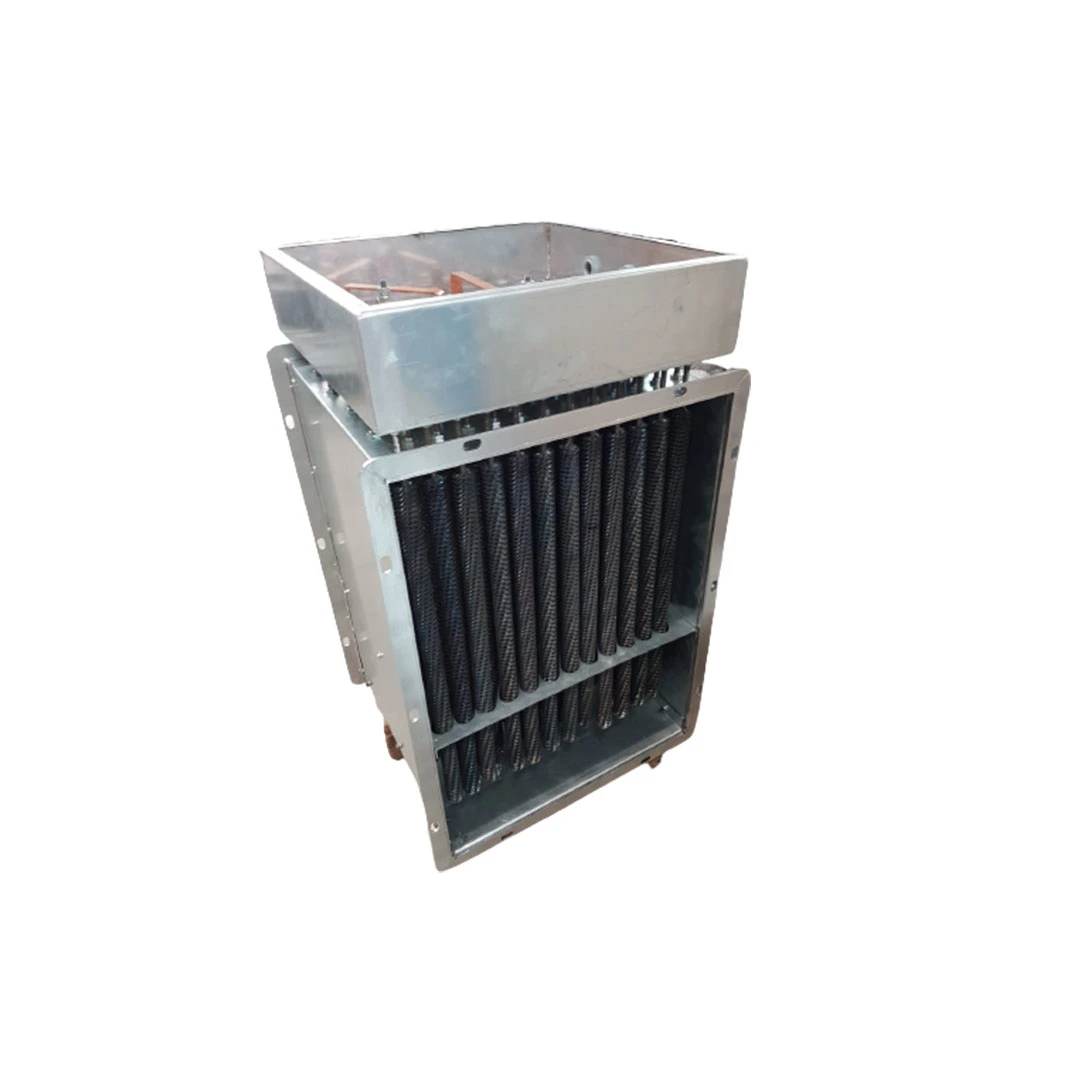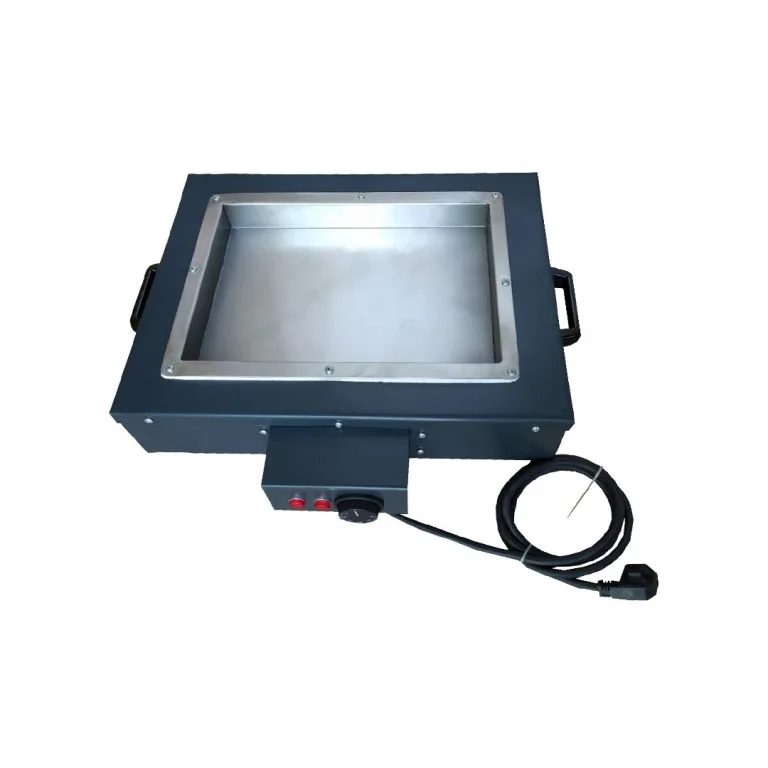Why Use Heaters in Cable Manufacturing?
Heat Control: Heaters are used to monitor and maintain the temperature within the cable to the desired level. Especially in industrial applications, cables may need to operate within specific temperature ranges. Heaters can enhance the performance of the cable material by providing this temperature control.
Prevention of Freezing: Heaters are used to prevent cables from freezing in cold weather conditions. This is particularly important for cables used outdoors or in cold storage areas.
Temperature Equalization: In some applications, heaters are used to balance temperature differences within the cable. This is important for maintaining the properties of the cable material and ensuring long-term performance.
Chemical Resistance: Heaters can be used to protect cable materials against chemical substances. By providing chemical resistance, heaters can extend the service life of cables in industrial environments.
Anti-Corrosion Properties: Cable heaters can provide resistance to corrosion, which is particularly important for cables exposed to aggressive environmental conditions.
Heaters used in cable manufacturing may often have special designs and can be produced to meet specific application requirements. Therefore, different types of heaters may be preferred depending on the type of cable and the application.
Our Products
Your Solution Partner for All Your Resistance Needs
Importance of Heaters in Cable Manufacturing
Reliability and Performance: Heaters used in cable manufacturing are crucial for ensuring the reliable operation of cables and achieving desired performance levels. Especially in industrial applications, cables may need to operate within specific temperature ranges or withstand various environmental conditions. Heaters can assist in ensuring that cable materials function appropriately according to these requirements.
Temperature Control: Heaters are utilized to control the temperature within the cable. This prevents the cable materials from overheating or cooling excessively, thus promoting longer cable system lifespan and safer operation.
Cost and Efficiency: The use of correct heaters can optimize energy consumption, thereby reducing costs. Additionally, enhancing the temperature and environmental resistance of cable materials can decrease maintenance expenses and enhance system efficiency.
Adaptability for Special Applications: Heaters used in cable manufacturing can be specially designed to accommodate various industrial and commercial applications. For instance, heaters with anti-corrosion properties, chemical-resistant heaters, or heaters providing protection against freezing can be tailored to different requirements.
Durability and Longevity: Heaters used in cable manufacturing enhance the durability of cables, ensuring long-lasting performance. This is particularly crucial for cables used in industrial environments and under challenging conditions.
The correct selection and utilization of heaters in cable manufacturing ensure that cables operate reliably, durably, and with high performance.
Things to Consider When Choosing Cable Manufacturing
Making the right choices in cable manufacturing is critical for producing reliable, durable, and effective cables. Here are some important factors to consider in cable manufacturing selection:
Application Requirements: The cable must be suitable for the application it will be used for. Different types and specifications of cables may be required for different applications such as indoor and outdoor use, industrial applications, power transmission, or communication.
Environmental Conditions: The cable must be resistant to the environmental conditions it will be exposed to. Considerations should include extreme temperatures, humidity, chemicals, or other aggressive environmental factors.
Electrical Characteristics: The cable must meet the requirements of the electrical signals or power it will carry. Factors such as voltage class, conductor material, and insulation material should be taken into account.
Mechanical Durability: The cable must be resistant to mechanical stresses. It should include resistance to installation, bending, pulling, and other physical strains.
Fire Safety: Compliance with fire resistance and fire safety standards is important, especially for cables used indoors in buildings.
Protection Class and Standards: Appropriate protection classes and industry standards for the intended environment should be considered. They should comply with specific standards such as IP ratings, UL (Underwriters Laboratories) certifications, etc.
Length and Capacity: The cable length and carrying capacity should be sufficient for a specific application.
Economic Factors: Cost is also important in cable selection, but choosing a low-cost cable may lead to performance or reliability issues in the long run. Balancing cost and performance is important.
To make the right selections in cable manufacturing, it is important to understand specific application requirements, assess environmental conditions, and make selections according to appropriate standards. This ensures that cable manufacturers provide high-quality and reliable products.
Cartridge Heater Used in Cable Manufacturing Industry
Cartridge heaters, used in the cable manufacturing sector, are particularly employed in industrial applications for purposes such as controlling temperature within the cable, preventing freezing, or maintaining specific temperature conditions. These heaters generate heat using electrical resistance, thus keeping the cable materials within the desired temperature range.
Some fundamental features of cartridge heaters may include:
Material: Cartridge heaters are typically made of high-resistance materials such as nickel-chromium alloys or iron-chromium-aluminum. These materials can withstand high temperatures and possess suitable properties to achieve the desired resistance values.
Resistance Value: The resistance value of cartridge heaters is selected to provide the required temperature control for a specific application, indicating the electrical resistance of the heater.
Power Capacity: The power capacity of cartridge heaters determines their ability to operate within a specific temperature range, indicating their operating capacity at a certain power level and voltage.
Dimensions and Design: The dimensions and design of cartridge heaters are determined to fit the cable diameter and application requirements, essential for ease of assembly and mechanical durability.
Temperature Control Elements: Some cartridge heater designs may include temperature control elements. These elements measure the temperature within the cable and adjust the heater’s operating parameters accordingly.
Protection Class and Standards: Cartridge heaters generally need to comply with specific protection classes and industry standards, indicating their durability against various environmental conditions.
Cartridge heaters can be used in various applications for temperature control and protection within the cable. They play a significant role in increasing the reliability of cable systems, especially in cold weather conditions, areas exposed to chemicals, or industrial facilities.








